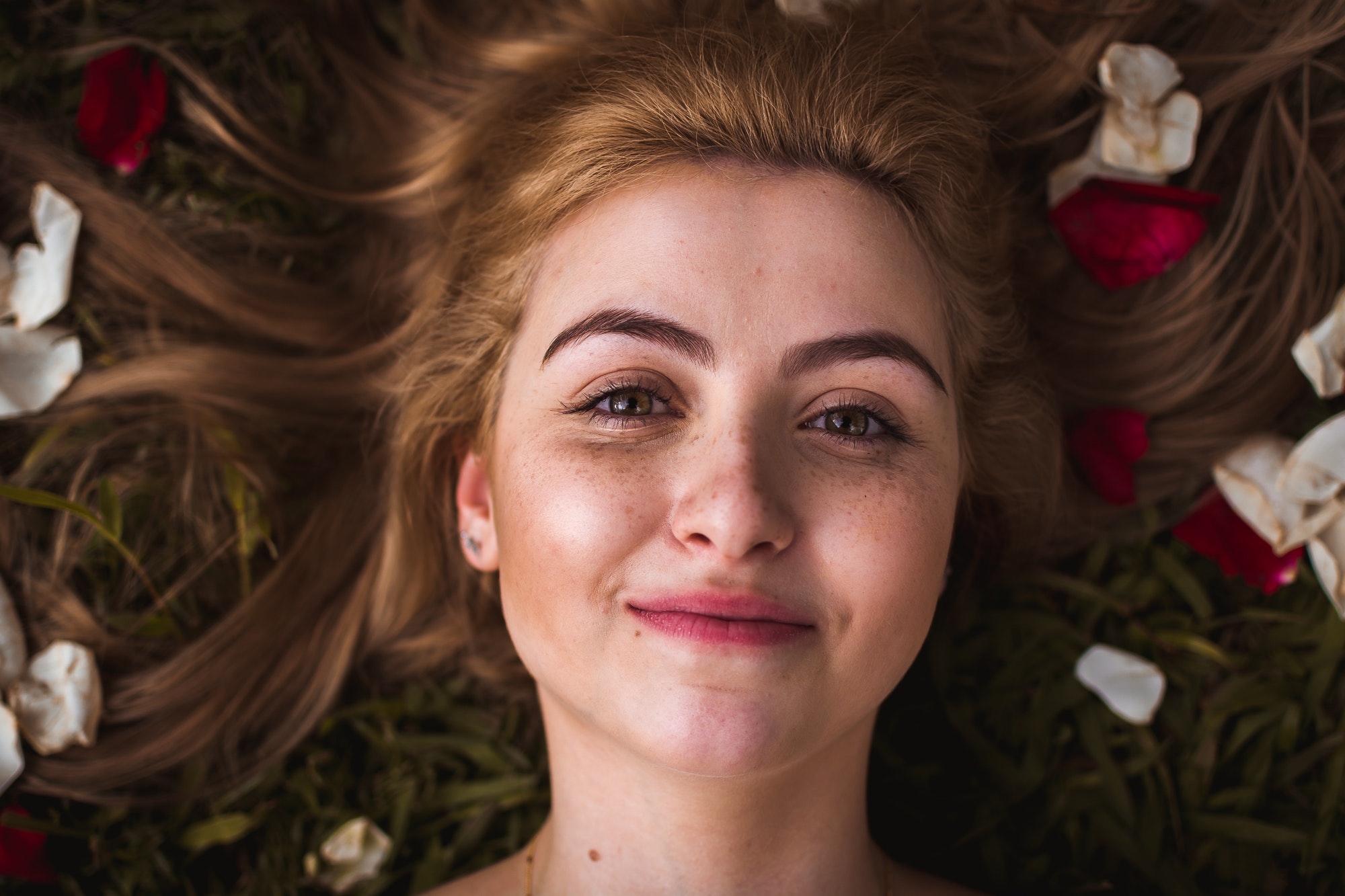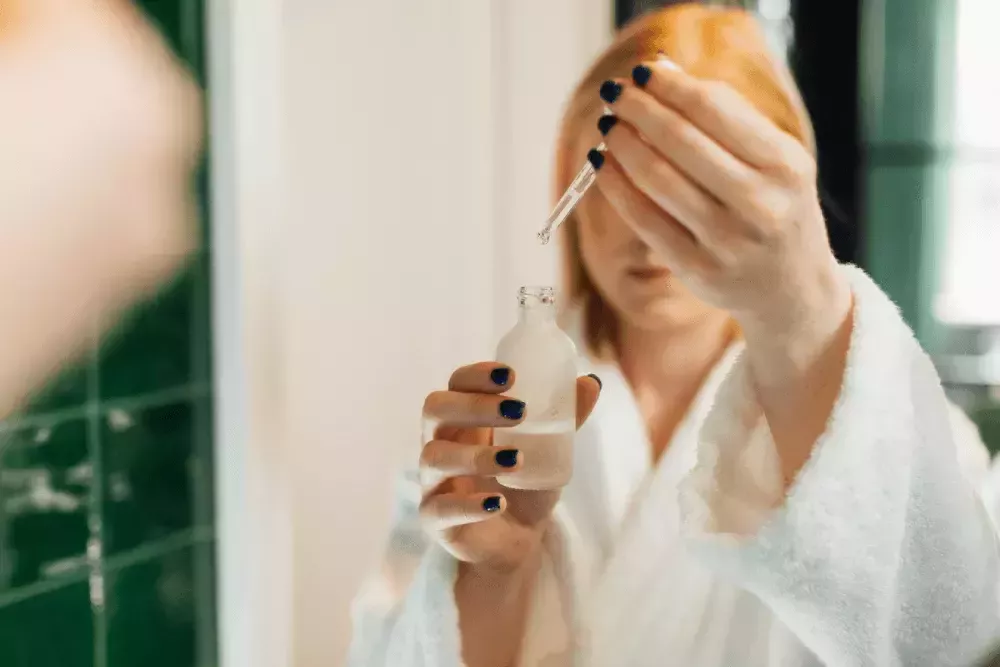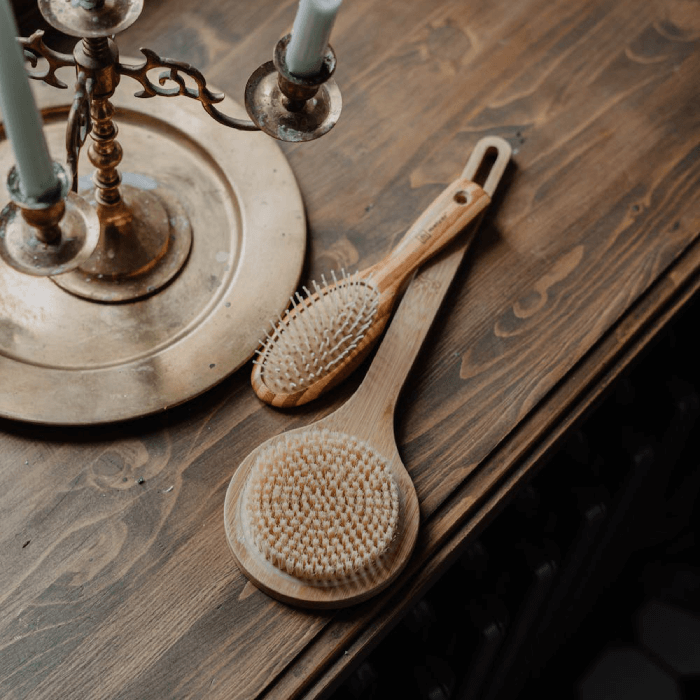Dandruff Decoded: Causes, Treatments, and Preventative Measures
Dandruff is a scary scalp issue that has haunted many of us at one point in our lives. Those tiny, white flakes that appear seemingly out of nowhere can be quite exasperating. But what exactly is dandruff, and why does it occur? In this comprehensive guide, we will explore what it is, uncover dandruff causes and treatments, and provide practical steps to prevent dandruff from returning.
Understanding Dandruff
Dandruff is a common scalp condition characterized by the shedding of small, white or yellowish flakes of dead skin from the scalp. It is important to differentiate dandruff causes and treatments from other scalp conditions, such as dry scalp or psoriasis. Although both can lead to flakiness, dandruff usually comes with itchiness and can be caused by various factors.
Dandruff is not merely a physical concern; it can also affect people both socially and emotionally. The visible flakes on clothing or shoulders can cause embarrassment and self-consciousness, which can lower self-esteem and confidence.
Many people who have dandruff avoid wearing dark-colored clothes or participating in social activities because they don't want other people to notice the flakes. This emotional burden can cause stress, which, in turn, can make dandruff worse.
The Science of Dandruff: What Triggers It
Understanding the causes of dandruff is important to effectively tackle it. Several factors cann cause dandruff including:
- Sebum Overproduction: Your scalp naturally produces sebum, an oily substance that keeps your skin and hair moisturized. However, excessive production of sebum can create an environment where a certain type of yeast called Malassezia, thrives. This yeast can irritate your scalp and lead to dandruff.
- Dry Skin: Excessively dry skin can also cause dandruff. When the scalp is very dry, it becomes flaky and itchy, thus resulting in dandruff.
- Hair Product Sensitivities: Some people are sensitive or allergic to certain ingredients in hair care products,which may lead to dandruff-like symptoms.
- Diet: While not a common cause, a poor diet lacking in certain nutrients can impact scalp health. A diet that is rich in vitamins and minerals can help prevent dandruff.
Dandruff Causes and Treatments: Your Complete Toolkit
There are different treatments available to combat dandruff, from over-the-counter solutions to prescription treatments:
- Anti-Dandruff Shampoos: Shampoos that contain ingredients like zinc pyrithione, ketoconazole, or selenium sulfide can effectively manage dandruff. These ingredients target the causes of dandruff like yeast overgrowth.
- Medicated Shampoos: For more severe cases, reach out to a dermatologist who may prescribe medicated shampoos that contain stronger antifungal agents to manage dandruff.
- Natural Remedies: Some people prefer natural remedies for dandruff like tea tree oil or apple cider vinegar for dandruff. While these may work for mild cases, you should always consult a dermatologist for severe cases of dandruff.
Maintaining Scalp Health: Daily Habits to Prevent Dandruff
Preventing dandruff from returning involves incorporating certain healthy scalp care routines. You should try the following practical daily habits:
- Right Hair Products: Choose shampoos and conditioners that are created to address dandruff issues because these products are often gentler on the scalp.
- Scalp Massages: Regularly massage your scalp with your fingertips using gentle circular motions. This improves blood circulation and helps to distribute natural oils.
- Maintain Scalp Hydration: Keep your scalp hydrated by applying light moisturizers or oils. Avoid heavy products that can clog pores.
- Gentle Styling: If you frequently style your hair, go for hairstyles that don't pull too tightly on your scalp. Excessive pulling can cause hair loss and worsen your dandruff.
- Diet: Foods that are high in sugar and unhealthy fats can worsen dandruff, while foods that are rich in nutrients and omega-3 fatty acids may help to reduce its severity.
Debunking Dandruff Myths
It's essential to address common misconceptions about dandruff, as these myths often contribute to the stigma surrounding the condition and affect understanding of dandruff causes and treatments.
- Dandruff is Contagious: Dandruff is not a contagious condition and there’s no need to fear contacting it from another person.
- Dandruff is Hereditary: While genetics may play a part in dandruff, it's not mainly hereditary as other factors like lifestyle and environment also contribute to its development.
- Dandruff Only Happens in Winter: Dandruff can happen anytime of the year and is not just limited to winter. It is influenced by various factors like scalp health and hygiene, and not just seasonal changes.
- Dandruff is Caused by Diet: While diet can influence dandruff, it's not the sole cause; other factors such as microbial activity and skin health play significant roles.
Conclusion
Dandruff may be a persistent scalp concern, but it's entirely manageable and preventable. By understanding dandruff causes and treatments, differentiating it from other conditions, and adopting practical dandruff prevention techniques, you can regain control over your scalp health. A healthy scalp is the foundation of beautiful hair. Following the strategies shared in this guide will help you get rid of your dandruff once and for all.






